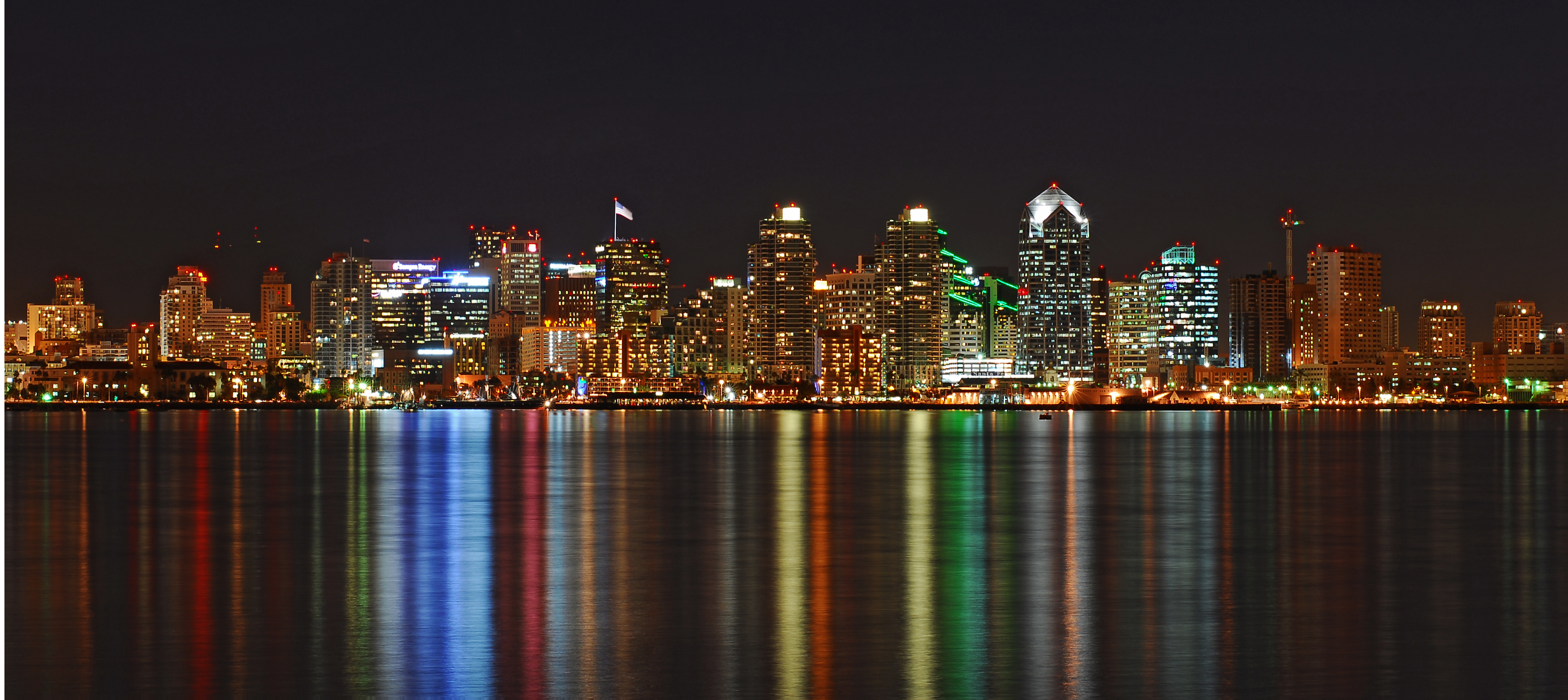By Andrew Keatts.
Civic San Diego can’t be killed.
Gov. Jerry Brown vetoed a bill Thursday that would have given the City Council more oversight over the nonprofit group that regulates development downtown.
The bill was the brainchild of Assemblywoman Lorena Gonzalez, and would have given the City Council final say on Civic San Diego decisions for residential projects of more than 50 units, hotels with more than 50 rooms or commercial projects with more than 25,000 square feet of space.
Brown didn’t want Sacramento to have any say in the matter.
“These are issues that should be determined at the local level,” he wrote in his official veto message.
Giving the City Council final say on downtown development would have helped local labor unions.
The Dem-majority Council could have made developers agree to sign labor-friendly agreements for project construction, where the developer-friendly Civic San Diego board of directors wouldn’t. Likewise, the Council could have mandated new downtown hotel managers to remain neutral if their workers opt to unionize.
Gonzalez pushed the City Council to adopt similar authority in 2010 when she was a local labor leader and Civic San Diego was called the Centre City Development Corp. Shortly after Brown issued his veto, she announced plans to take another shot at the long-running priority.
“I now know what my first bill next year will be, with some minor changes,” she said in a statement.
Even before she takes another shot, not all is clear for Civic San Diego. One of the agency’s board members, Murtaza Baxamusa, filed a lawsuit alleging the city isn’t allowed to delegate authority to the agency in the first place. He filed the suit on behalf of the San Diego Building and Construction Trades Council, an umbrella group of unions involved in the construction industry.
“It appears the governor would prefer to wait for this dispute to play out in a courtroom, but that’s not good enough for me,” Gonzalez said.
“The downtown interests and developers who have shut out workers and communities for the last 40 years can hire an army of lobbyists if they like, but I will not be deterred from doing what’s right,” she said, a nod to the fact that the Downtown San Diego Partnership and local Chamber of Commerce has poured tens of thousands of dollars into lobbying against the bill, as first reported by CityBeat.
Reese Jarrett, president of Civic San Diego, credited the agency’s supporters for persuading Brown to kill the bill.
“I think the governor saw through that this was based on other agendas and didn’t have a lot to do with Civic San Diego,” he said. Those “other agendas,” he clarified, were “related to a lot of the missions of the labor movement.”
Jarrett said the agency can now start plotting its future once again. Before it began fending off lawsuits and existentially threatening bills, Civic San Diego was trying to expand its authority into other low-income parts of the city, especially Encanto.
Brown’s veto gives weight to the pro-Civic San Diego side of two ongoing arguments over the agency.
No other city in the state has an arrangement with a quasi-governmental, nonprofit agency to handle certain development regulations in one part of town. Gonzalez and a broader coalition that views the agency as a rubber stamp for developers have pointed to the arrangement’s unique status as evidence it’s improper.
But Civic San Diego and the developers who would rather have their projects go through the agency than have to answer to the full, elected City Council have said the uniqueness is exactly the point. They describe themselves as nimble and entrepreneurial and credit the agency for reviving downtown.
By vetoing the bill, Brown came down strongly on Civic’s side: If cities want to contract with a nonprofit to handle certain planning functions, that’s their prerogative.
Likewise, Civic San Diego is a relic of the now-shuttered redevelopment program, where agencies collected local tax revenue to invest in projects that would revitalize downtown areas. Civic San Diego, under its previous name, was the redevelopment agency for downtown.
It was Brown who ended redevelopment in 2011, relying on the tax revenue to help close the budget gap.
Mayor Jerry Sanders and a supportive, Democratic-majority City Council kept the agency alive, and renamed it Civic San Diego. It kept issuing development permits downtown, managed redevelopment projects that were already under way before the program ended and went about finding more revenue streams to keep itself solvent.
Naturally, many people wondered why Civic San Diego was allowed to remain if the program that created it was killed.
But now, the man who killed the program has given his blessing to let the agency maintain its relationship with the city. We don’t need to interpret Brown’s intent. He just told us.
[divider] [/divider]





